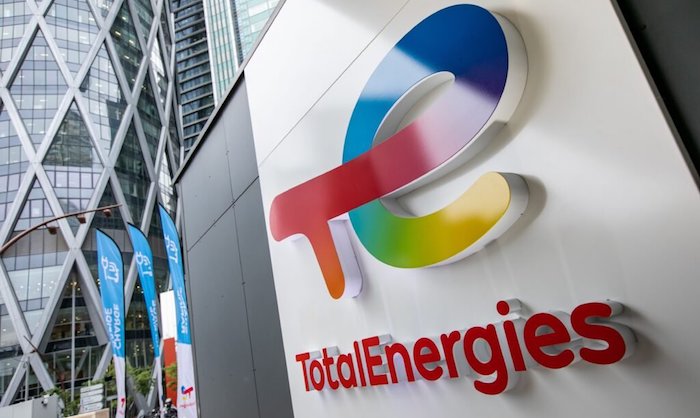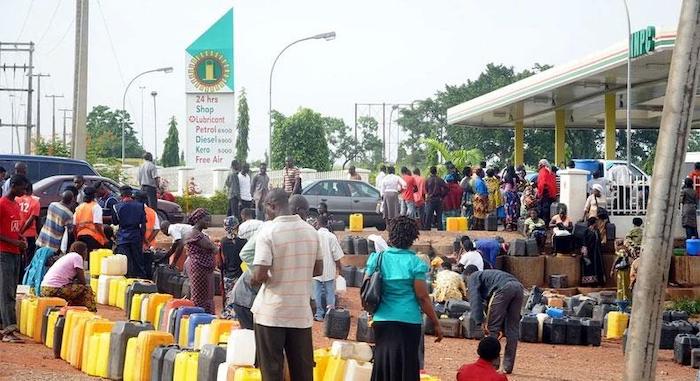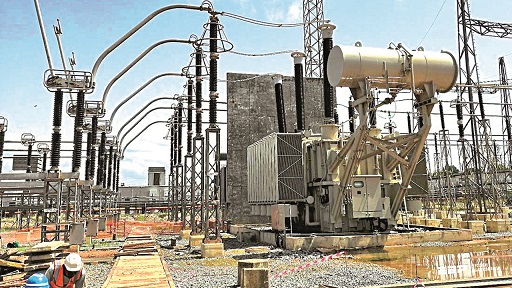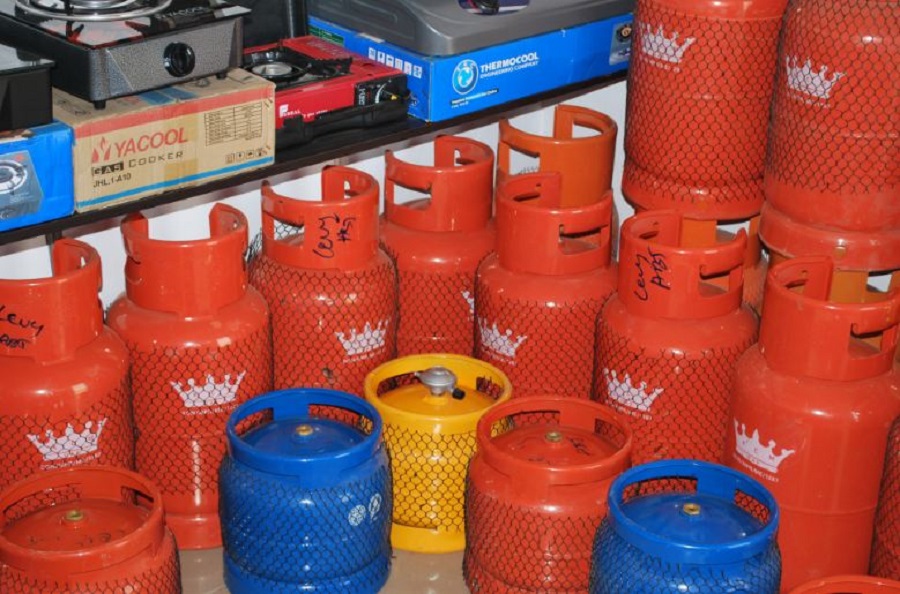
Photo From The opening session of the 2022 edition of the Nigerian Oil and Gas Conference and Exhibition in Abuja
Deprecated: preg_split(): Passing null to parameter #2 ($subject) of type string is deprecated in /home/u618641834/domains/premiumnewsng.com/public_html/wp-includes/formatting.php on line 3483















